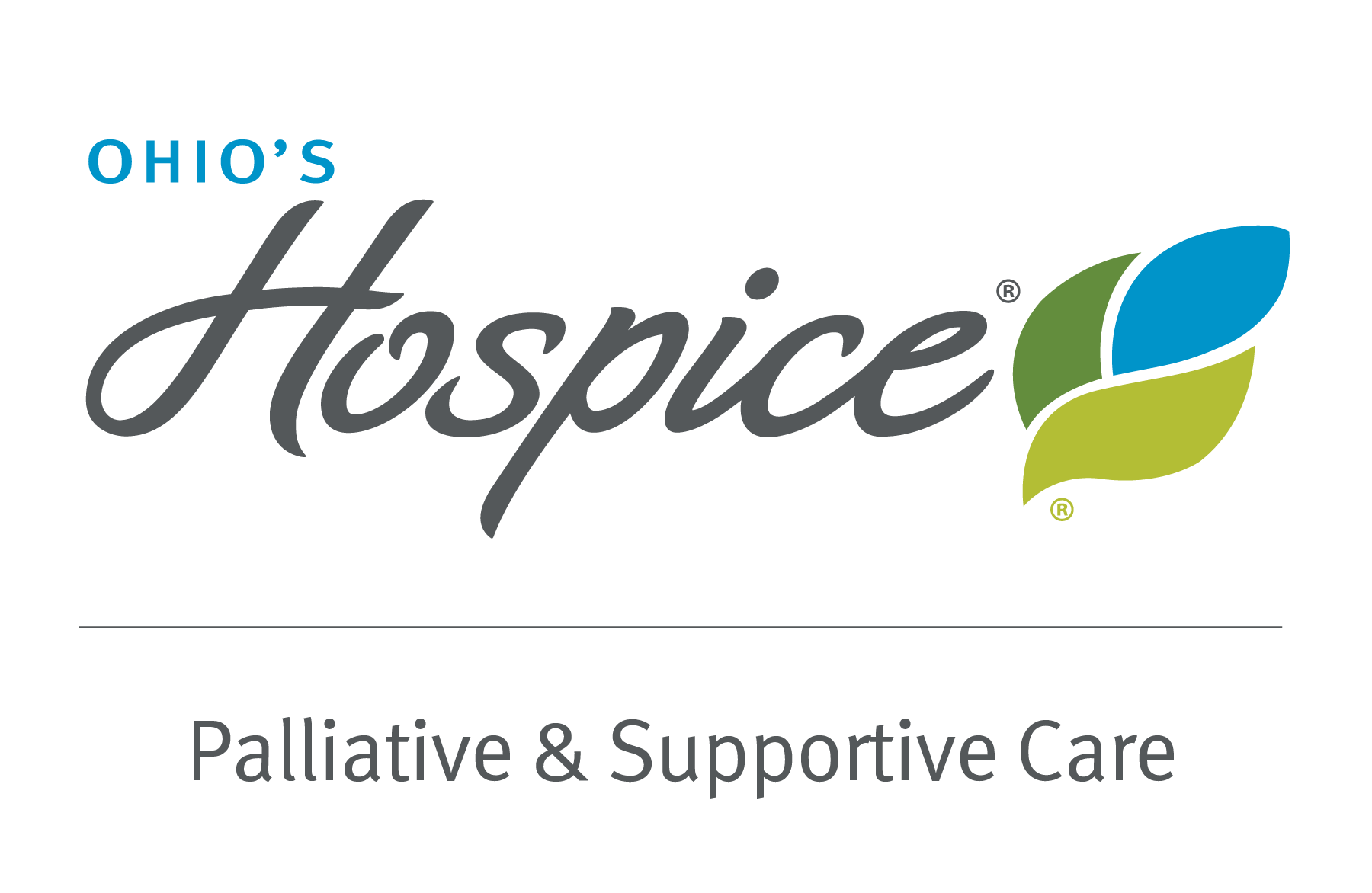Advance Care Planning: Providing Peace of Mind for Yourself and Loved Ones
Whether you are active and healthy or living with a chronic disease, advance care planning is an important part of self-management at any age. While it can be overwhelming and uncomfortable to think about ever needing such a plan, the lack of advance care planning can result in confusion, questioning or disagreement among family members if you are unable to speak for yourself.

Advance care planning can be a gift to your family and loved ones. It ensures your wishes and preferences are consistent with the care and treatments you receive if you are unable to make your own decisions. Knowing how you want to be cared for and who you want to make decisions on your behalf can take some of the burden off family and friends. A plan also gives your doctors information about your care preferences and whether you want life-sustaining measures if needed.
Discuss Emergency Treatments With Loved Ones
Some of the important conversations in advance care planning include those about the use of emergency treatments to keep you alive and the use of artificial ways to do this, such as CPR, ventilator use, artificial nutrition, and comfort care. Considering your personal values and what makes life meaningful to you can help guide your decisions. Do you want to have the most days, or is your focus on quality of life? Would you want to take pain medication at the end of life, even if it made you drowsy and lethargic?
Decisions on how you want to handle these situations could be different based on your age, and they can change as your life or illness progresses. Advance care planning allows you to provide instructions and update them as your views change so your decisions are heard.
Get started by visiting additional resources such as the Ohio’s Hospice Choices Advances Directives Booklet and Decide to be Heard.

